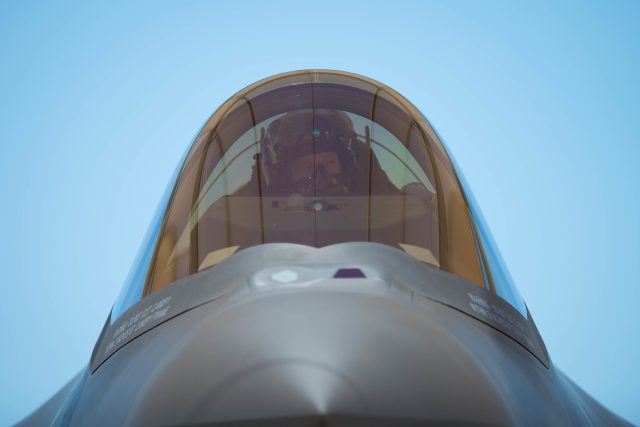
This project, in addition to aiming to protect the democracies of the 27 member states, intends to significantly strengthen the scope of common defence, responding to growing global threats and geopolitical tensions.
In the recent Guidelines presented to the Plenary of the European Parliament, the newly elected President of the European Commission, Ursula von der Leyen, relaunched a theme of great importance for the future of European security and unity: the creation of a “European democratic shield”. The proposal for a European air shield comes at a time of particular international tension. Recently, Washington and Berlin discussed the possible deployment of medium- to long-range US missiles in Germany, a move that drew immediate reactions from Moscow, which warned that it would not rule out any retaliatory options, including the deployment of missiles. nuclear. In this scenario, the idea of a European air shield not only responds to concrete defence needs, but also takes on a strong symbolic value of unity and cohesion between European countries.
Currently, a structure similar to the shield proposed by von der Leyen already exists: the European Sky Shield Initiative (E.S.S.I), a German-led project involving 21 European countries, including some non-EU members such as the United Kingdom and Turkey. However, two important nations, France and Italy, have so far remained outside this initiative. The main reason is that the Samp-T missile system, in use by France and Italy, was not included in the E.S.S.I.’s technological mix.
von der Leyen’s European shield could be the key to overcoming these divisions and creating a common front. The President of the Commission’s program is ambitious and aims to build a Defence Union which also includes a single arms market, which has so far been hindered by national rivalries and a lack of propensity for collaboration. The creation of this shield would require enormous investments, the financing of which remains one of the most difficult issues to resolve, especially considering the different positions of the Member States on how to manage economic resources. Von der Leyen anticipated that, in the first 100 days of her mandate, she will jointly present a White Paper on the future of European defence. This document should provide a clear vision of the investment needs and strategies to be adopted to strengthen the European defence industrial sector, which is one of the areas in which the EU has key competences and can make a difference.
While purely military aspects remain the responsibility of member states and NATO, the European Union can intervene effectively in the industrial sector. The work has already started with the introduction of the new EU security and defence strategy, called Edis/Edip. Geopolitical Europe, as outlined by von der Leyen, includes not only military defence, but also a number of strategic initiatives in various sectors. Von der Leyen’s proposal for a European shield is not limited to military defence. It also includes a Pact for the Mediterranean with a dedicated Commissioner, a European Shield to protect democracy against foreign interference and disinformation, and an EU enlargement process considered geostrategic. Furthermore, it plans to strengthen partnerships with key countries such as the United Kingdom, India, Africa and Latin America. Trade is also being revisited in light of current international rivalries. Von der Leyen spoke of “economic security” and underlined the importance of protecting critical sectors such as rare earths and dual-use technologies. She insisted on the need to be more resolute in protecting the European economy from leaks of key technologies and security problems.
The project of a European air shield represents a significant step towards greater cohesion and security within the European Union. Despite financial and political challenges, von der Leyen’s initiative aims to create a common defence that protects not only Europe’s territory, but also the democratic values and fundamental freedoms of its citizens. Involving key nations such as Italy and France will be crucial to the success of this ambitious project, which could profoundly transform the security and defence landscape in Europe.



 Subscribe
Subscribe